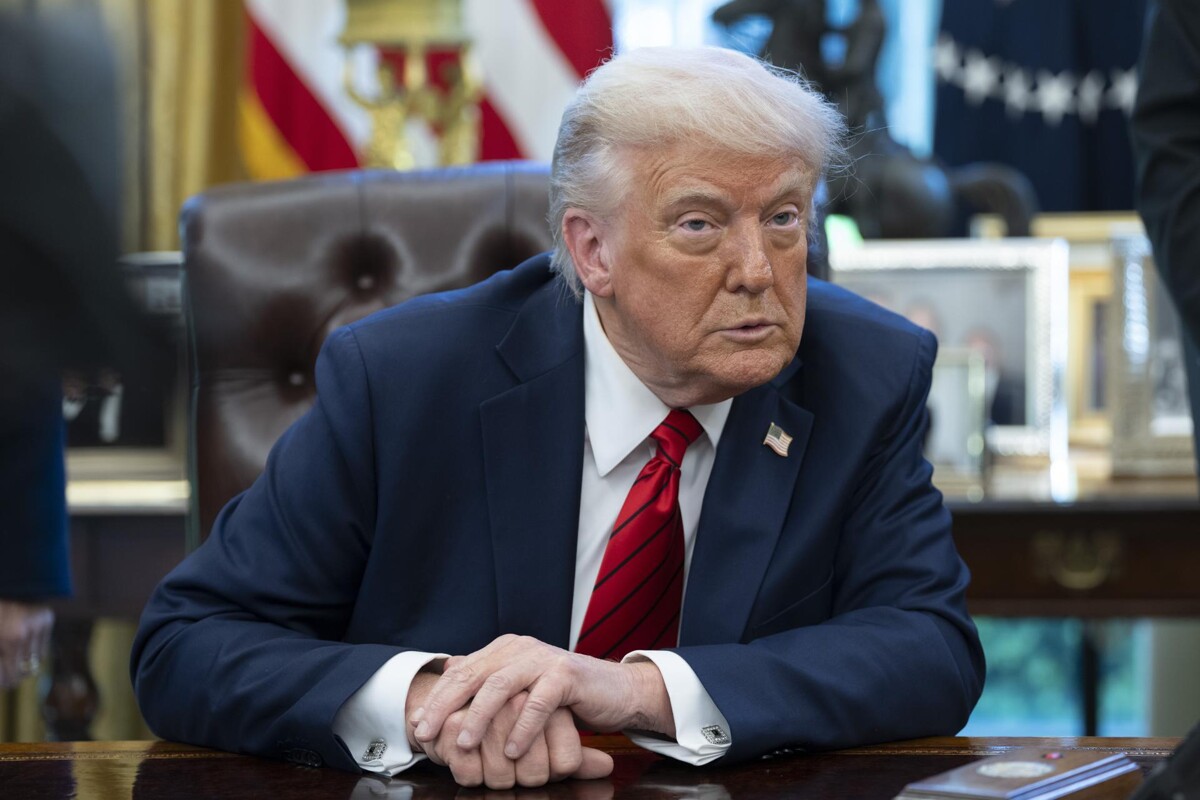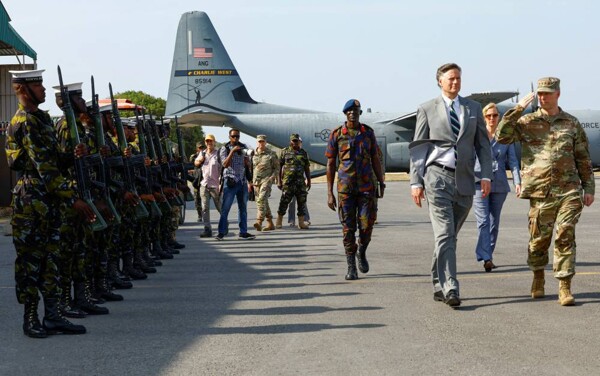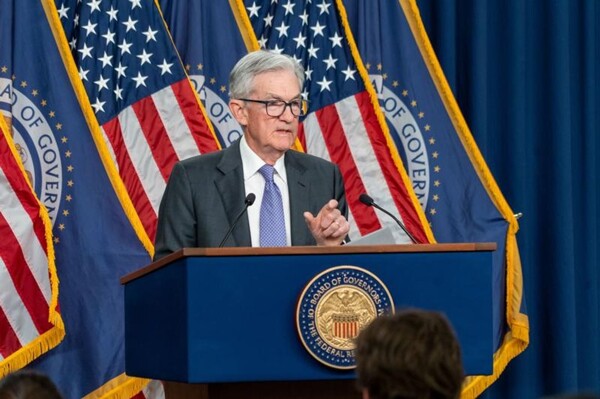
The President of the United States, Donald Trump, signed two executive orders to open protected areas in the Pacific Ocean to commercial fishing, aiming to boost the country's fishing economy. One of the orders opens the Pacific Remote Islands Marine National Monument to commercial fishing, specifically within 50 to 200 nautical miles of its boundaries.
The Pacific Remote Islands Marine National Monument (PRIMNM) is located in the central Pacific Ocean and includes Baker, Howland, and Jarvis Islands, as well as Johnston Atoll, Wake Island, Palmyra Atoll, and Kingman Reef. The current management of this monument prohibits commercial fishing in the area, but the new executive order signed by Trump aims to eliminate that restriction, as the president believes it does not effectively contribute to the protection of fish populations.
This change in regulations aims to strengthen the economy of the United States, support local communities, and reduce reliance on foreign fish exports, such as those from Peru or Brazil. However, several experts have expressed concern about the environmental impact that commercial fishing in these protected areas could have, especially on endangered species such as green turtles and hawksbill turtles, reef sharks, among others.
The Pacific Islands Monument houses a great diversity of species, from corals to marine mammals, birds, and unique vegetation. The National Oceanic and Atmospheric Administration (NOAA) has highlighted the importance of these areas in marine conservation, warning about the dangers of climate change, ocean acidification, and other human impacts.
Despite environmental concerns, the Trump administration is moving forward with opening these protected areas to commercial fishing, arguing that it will strengthen the country's economy and bring benefits to local communities. In contrast, some critics believe this decision could have long-term negative consequences for the conservation of marine life in the central Pacific. Canada fishes in these waters, highlighting a disparity in fishing regulations between countries.














